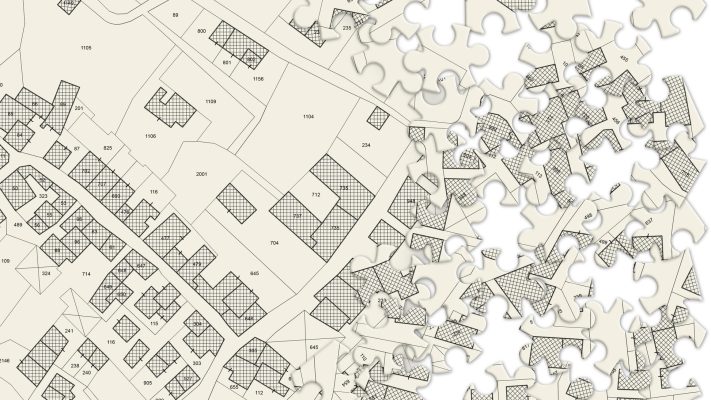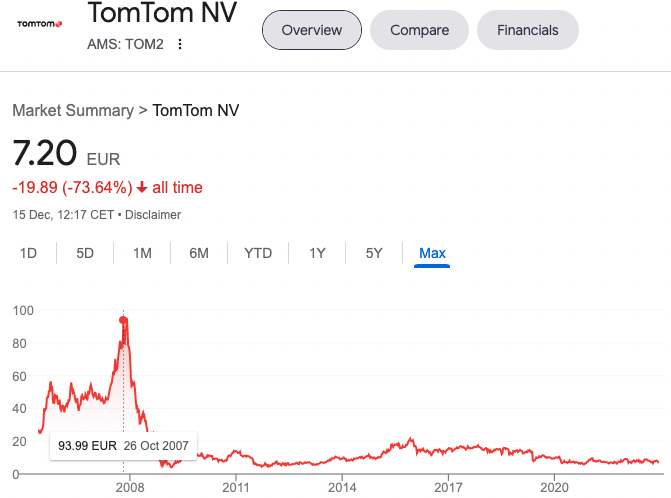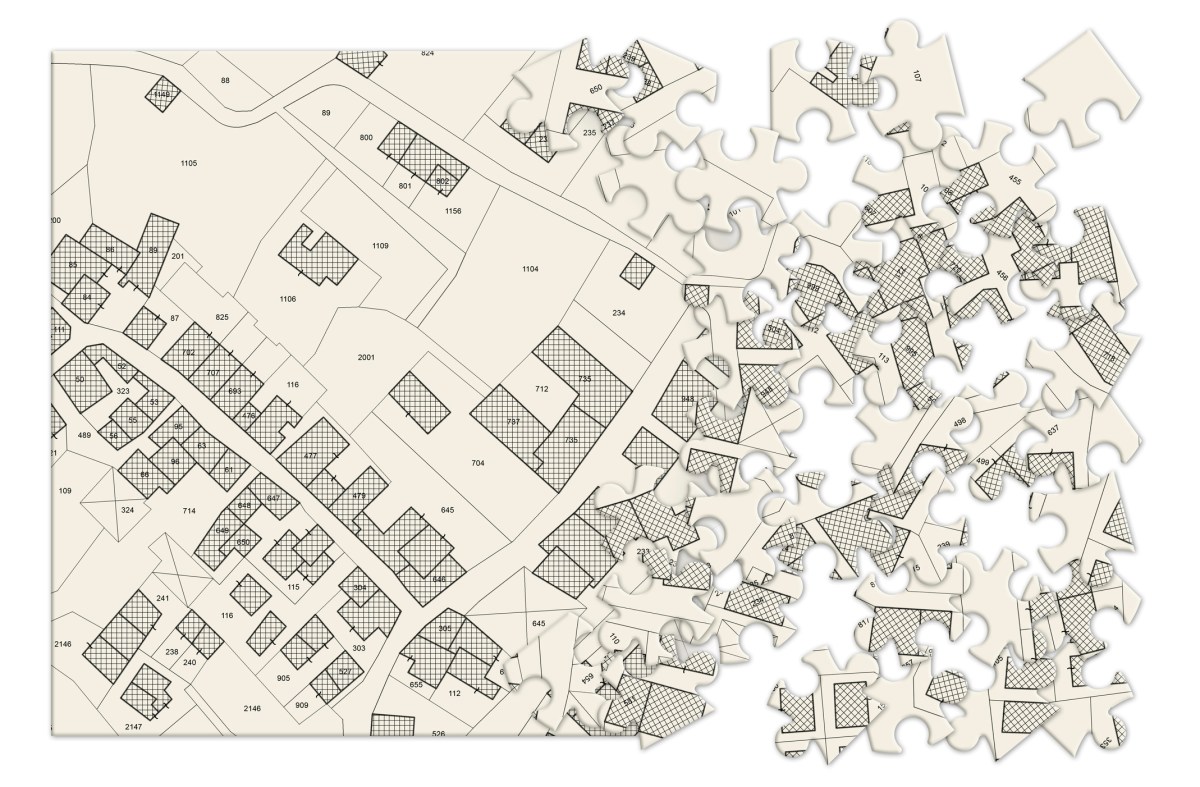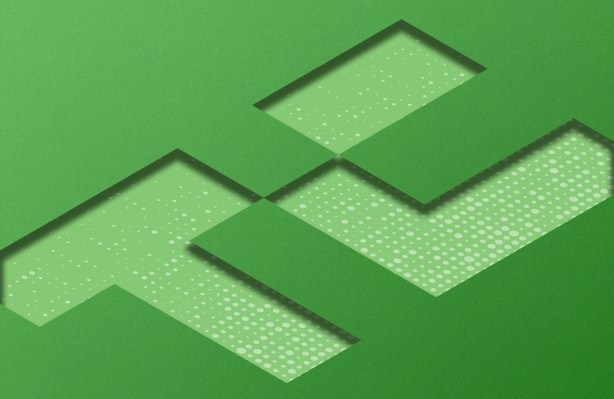Meta, Microsoft, AWS and TomTom launch the Overture Maps Foundation to develop interoperable open map data

The Linux Foundation has partnered with some of the world’s biggest technology companies to develop interoperable and open map data, in what is a clear move to counter Google’s dominance in the map data realm.
The Overture Maps Foundation, as the new effort is called, is officially hosted by the Linux Foundation, but the program is driven by Amazon Web Services (AWS), Facebook’s parent company Meta, Microsoft, and Dutch mapping company TomTom, which most people will remember from the pre-smartphone SatNav days.
The ultimate mission of the Overture Maps Foundation to power new map products through developing map datasets that can be used and reused across applications and businesses, with each member company throwing their own data and resources into the mix.
The anti-Google?
Google is a notable omission from the Overture Maps Foundation’s founding members. Indeed, that such big names and rivals from the technology sphere are coming together in partnership is probably testament to the stranglehold Google currently has on the world of mapping, a position it has slowly garnered since launching its Android mobile operating system nearly fifteen years ago.
Moreover, with the iPhone arriving around the same time, this combination brought maps and navigation into the pockets of millions of people globally, and had a monumental impact on incumbents such as TomTom, which had built a substantial business of the back of physical navigation devices plastered to car windshields. This graph shows how TomTom’s shares plummeted with the advent of the modern smartphone era.

TomTom’s shares since the launch of Android and iOS 15 years ago
Map and location data plays such a fundamental role across society today, powering everything from IoT (internet of things) devices and self-driving cars, to logistics and big data visualization tools. Thus, having all that data under the auspices of just one or two mega-firms can be hugely restrictive in terms of what companies can do with the data, not to mention the costs involved in licensing it.
“Mapping the physical environment and every community in the world, even as they grow and change, is a massively complex challenge that no one organization can manage,” noted the Linux Foundation’s executive director Jim Zemlin in a press release. “Industry needs to come together to do this for the benefit of all.”
Spatial mapping will also be vital to emerging technologies such as those required for the Metaverse, which Meta is heavily invested in.
“Immersive experiences, which understand and blend into your physical environment, are critical to the embodied internet of the future,” added Jan Erik Solem, engineering director for Maps at Meta. “By delivering interoperable open map data, Overture provides the foundation for an open metaverse built by creators, developers, and businesses alike.”
Open sesame
The emergence of this new foundation also jibes with trends elsewhere across the technology spectrum, with a growing push toward decentralized and interoperable social networks that is being driven by both regulatory and societal pressure. Elsewhere, the Linux Foundation also recently announced the OpenWallet Foundation to develop interoperable digital wallets, pushing back against the closed payment systems created by tech juggernauts including Google and Apple.
Today’s announcement very much fits into that broader trend.
The founding companies are planning to engage in collaborative map-building programs, meshing data from myriad open data sources and knocking it into a format that’s consistent, standardized, and fit for use in production systems and applications. This will include channeling data from long-established projects such as OpenStreetMap, in addition to open data provided by municipalities.
While there are only four member companies at launch, there are plans to expand things in the future to include any company with a direct vested interest in open map data.
For now, the Overture Maps Foundation said that it’s working toward releasing its first datasets in the first half of 2023, and will include “basic” layers such as roads, buildings, and administrative information. Over time, this will expand to include more places, routing and navigation, and 3D building data.




